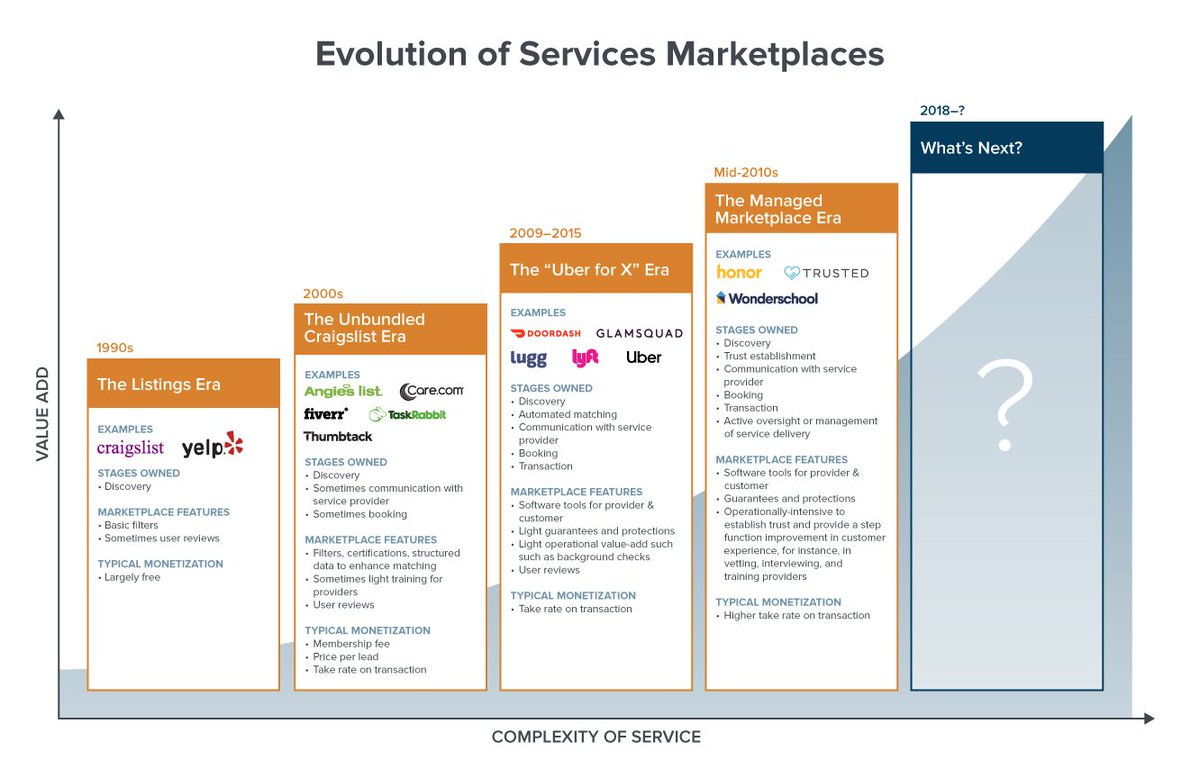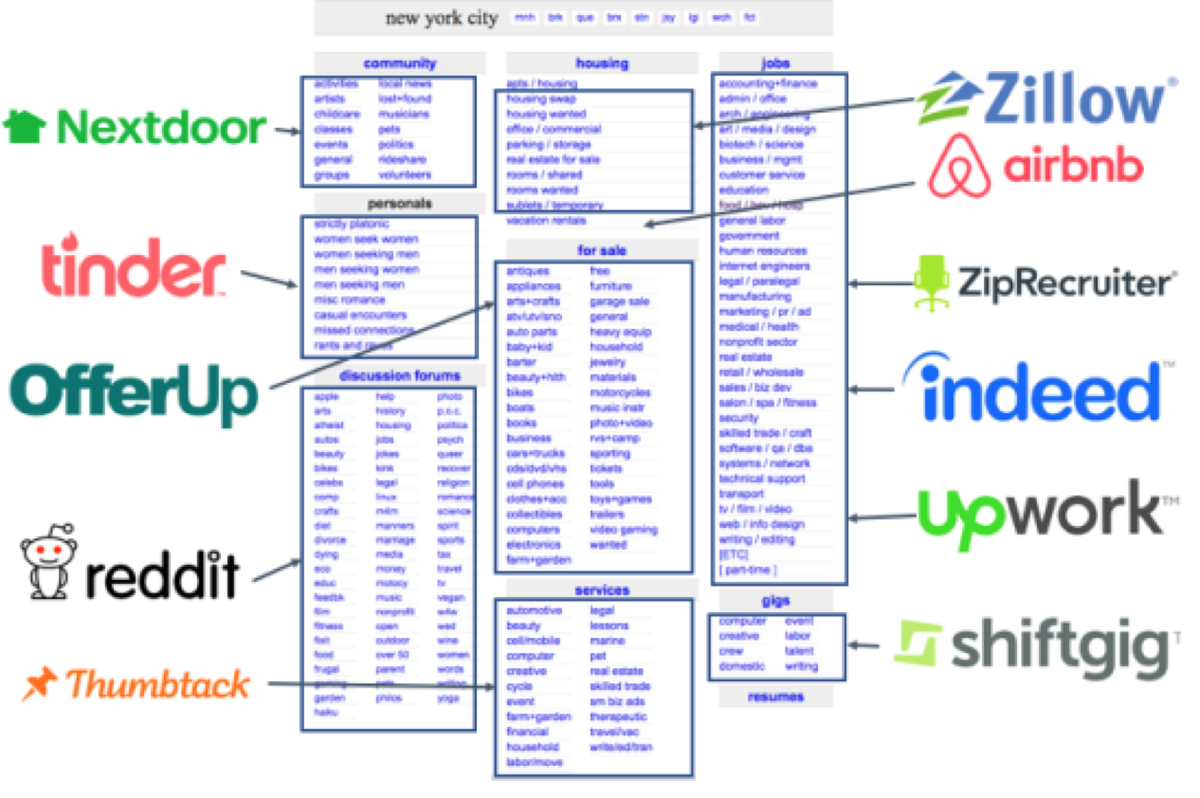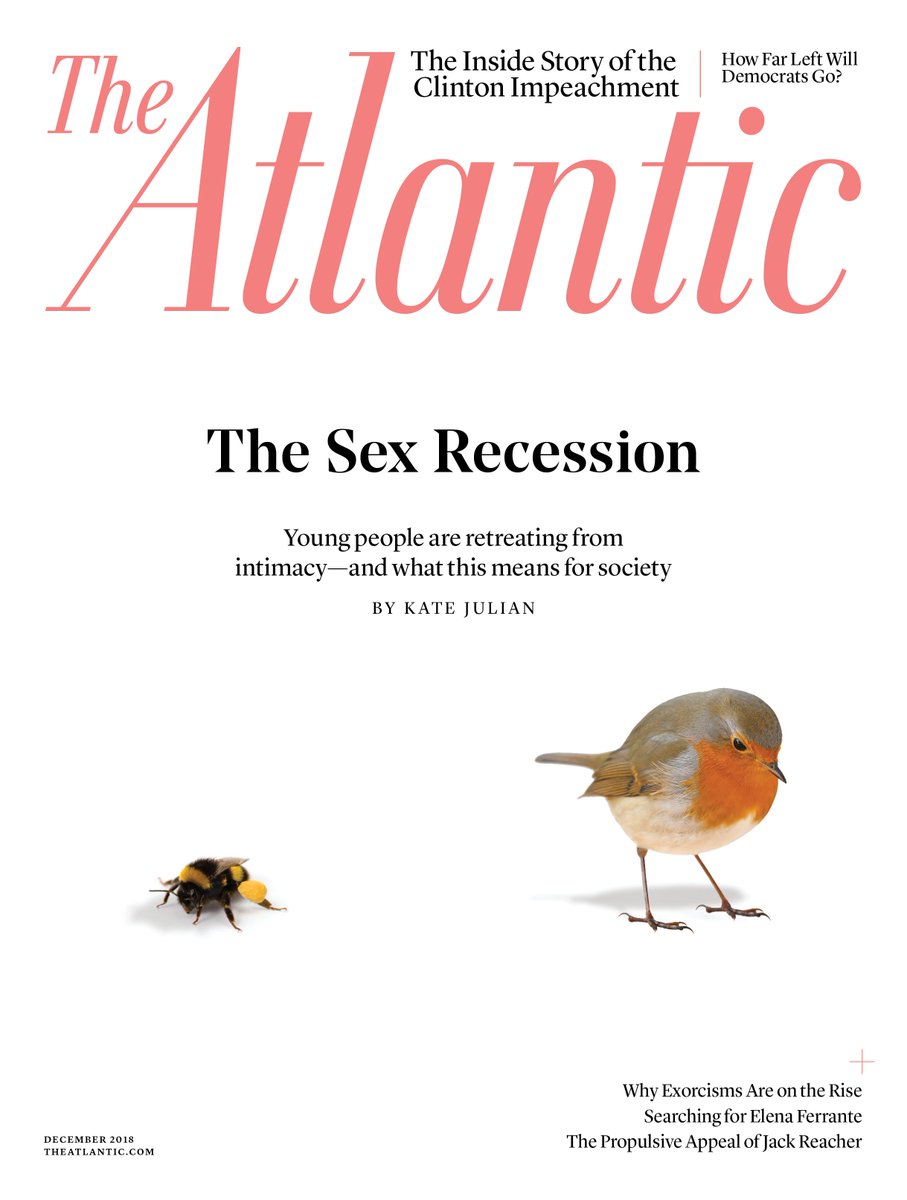🔥 A lesson in pricing
THREAD ...
Peter Thiel spends 6 months writing down everything he knows about business. His book sells for $10.
Adam Wathan and Steve Schoger spend 6 months writing down everything they know about design. Their “book” sells for $79.
Believe it or not, both prices make perfect sense.
Thiel is selling to the masses and the masses are sensitive to price changes (price elastic).
If he raises the price to $30 they wouldn’t think twice before substituting his book for one of the many cheaper alternatives on Amazon.
Adam and Steve are selling to hardcore fans and hardcore fans are insensitive to price changes (price inelastic).
They've all been following the Twitter tips, watching the screencasts, reading the Medium posts.
In their minds, there are no substitute resources available.
When demand for your good is inelastic, you raise your price.
In the case of Adam and Steve, all the way up to $79.
As the diagram shows, a 8x price increase ($10 to $79) results in just a 2x drop in books sold (20k to 10k) and 4x more revenue (area of the rectangles).























